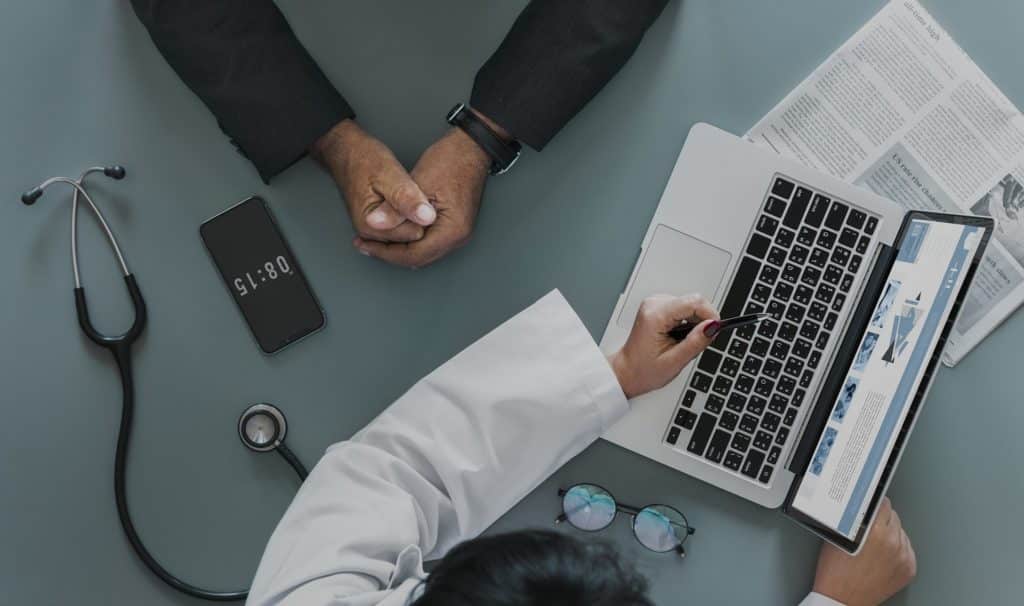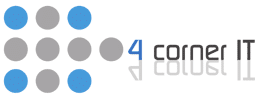
Technology is a well-accepted facet in healthcare that’s changing the lives of both doctors and patients. Although it has gotten a bad rap from a small percentage of tech users in society, it’s still safe to say that – the pros outweigh the cons in this department.
There are numerous benefits technology has laid for us in recent years and we can’t even begin to enumerate them one by one (we’d need pages for that!). And speaking of healthcare, this significant sector in society also has the technology to thank for its successful agenda.
If you are a digital-illiterate who’s at loggerheads with this highly-esteemed advancement, here are six ways to convince you how technology is changing healthcare.
1. Efficient Diagnostic Reports
Can you imagine hospitals without X-ray devices, CAT scanners or MRI machines? People should thank their lucky stars these were invented, otherwise, a lot of diseases and conditions will be misdiagnosed without the help of these pieces of equipment. Diagnostic reports are vital in the healthcare industry. Technology aids in physical exams, testing results, garnering patient health status, and the list goes on. Due to more efficient diagnostic reports, a lot of medical institutions have shied away from inaccurate diagnostic procedures that lead to errors. Some advantages of digital diagnostic methods are:
• Fast and quick navigation
• Easy and visceral data displays
• Convenient data retrieval
• Timely results
• Accurate evidence
• Streamlined work procedures
2. Patients Take Control of their Health
When patients are dealing with recurring illnesses, it’s essential to always keep up-to-date information on the proceedings. Communication is hindered in some countries where gadgets and broadband internet are scarce. On the other hand, patient portals are now giving patients control to take over their entire life by monitoring their health information online. With everything uploaded online and easy access to the portal, patients can better understand their medical condition. However, let’s not forget the fact that there have been a lot of security breaches in the past – an important drawback to digital dependence. In terms of patient portals, it’s critical to use the most reliable encryption methods to protect patient information at all times.
3. Interactive Communication
How many of you here are absent-minded? How many of you here are busy? Or better yet, how many of you here are scared to communicate with their doctors? Email platforms and other instant messaging software are bridging the gap between hustling doctors and patients alike. There are excellent emailing features which automatically remind a patient if they have upcoming follow-up appointments or tests.
4. Revolutionized Health Monitoring Devices
As I’m typing this, my heart rate is 70 beats per minute with a resting heart rate of 57 (yes, it’s low, I’m an athlete). It’s my fitness watch! Technology has really outdone itself with these cutting-edge health monitoring devices. If you search online, we’re sure you can find some of these:
• Fitness watches that monitor your heart rate, sleeping patterns, calories burned, and more
• A portable gluten tester which counts your glucose levels
• Blood pressure monitors have also gone wireless these days
• EKG app that lets you read your heart’s status in your mobile phone
• A scarf which has an integrated air filter that fights off external toxic elements
• A headband which tracks your brain’s activities and helps you manage stress
The list is endless!
5. Robotics for Convenience
AI has offered people convenience in their daily lives. Take for example Echo, Alex or Roomba, these AI robots can aid in the day-to-day minor tasks like turning the lights on, weather reports or even cleaning the house! In healthcare, robotics also helps doctors and nurses in their daily tasks such as transporting supplies, locating proper vessels and tubes or alerting for assistance. Disabled patients also take advantage of robotics through rehabilitation.
6. Prevent the Onset of Pandemics
Let’s look back to the biggest and most unfortunate Ebola outbreak in history which happened in Africa from 2015 to 2016 and killed more than 11,000 people. Africa, an underprivileged country with the minority deprived of internet access, is susceptible to various epidemics due to the lack of fast communication between the government and its people. The use of technology can help warn people of epidemics present in their location and it also educates them on the proper measures whenever an onslaught occurs.
It’s a given fact that some conventional people often question why technology is important in healthcare and that’s okay. A lot of different technological breakthroughs in the health industry has really motivated innovators and medical institutions to prove to everyone that technology is now a momentous part of the future of healthcare.
Author Bio: Kerry Brooks, driven by the passion for blogging, writes about health, beauty, fashion, food, travel and more. She loves to spend her time travelling. She also blogs at KemperMedical, one of the leading national and global distributor of premium medical products including radiation protection products and radiology/ medical imaging supplies.

